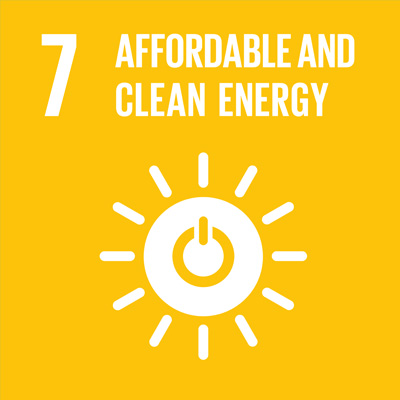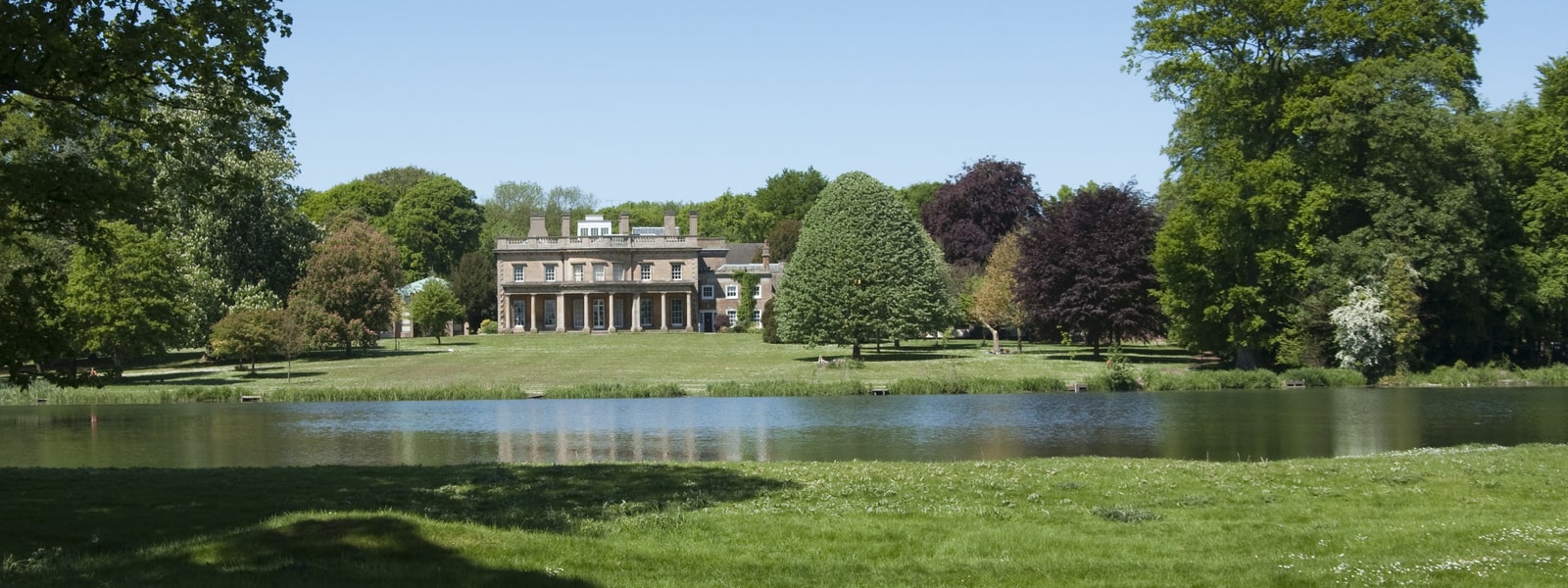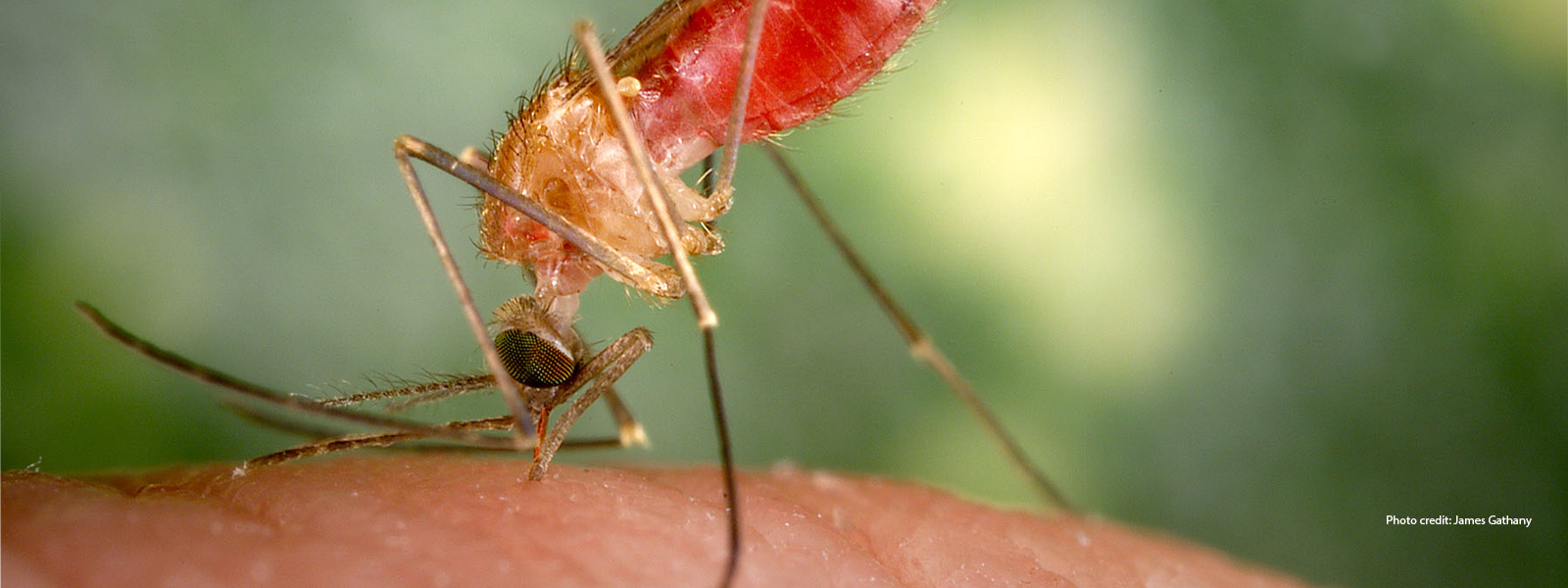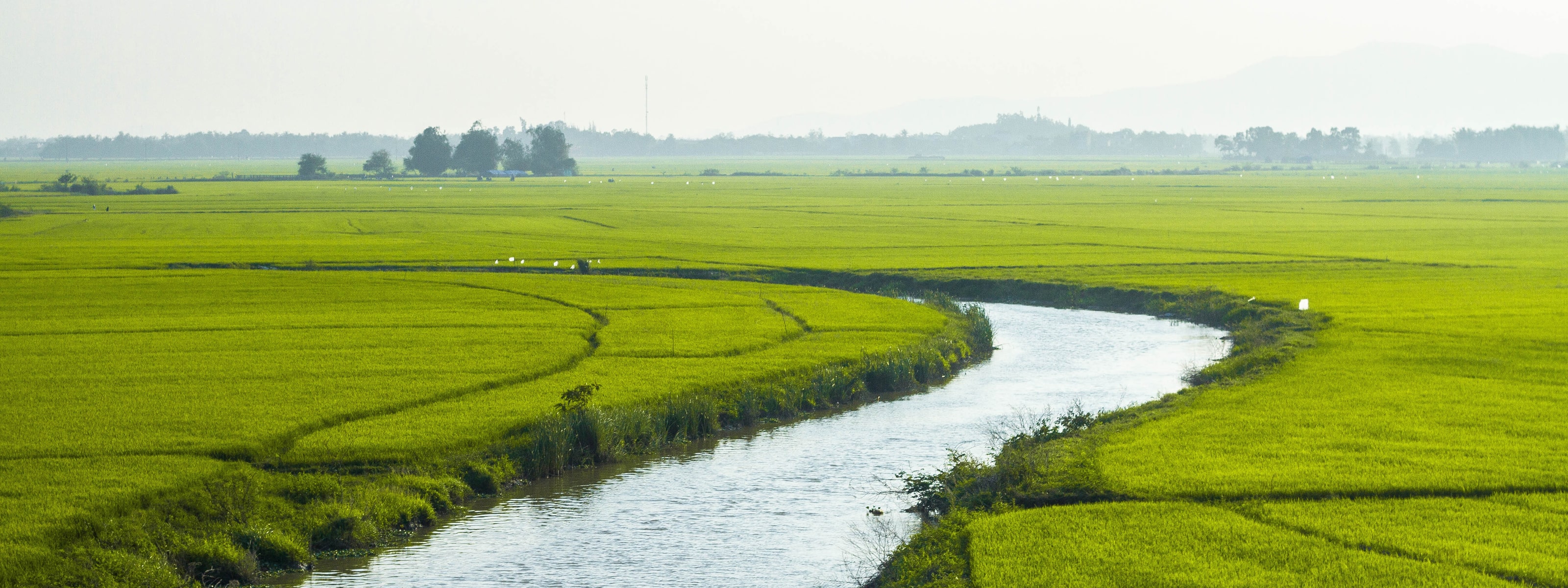UN SDG 6: Clean Water and Sanitation
Ensure availability and sustainable management of water and sanitation for all.
SDG Outputs
We had 9 outputs relevant to this SDG in 2022 according to SciVal and 9 in 2021.
Schneider et al. (2022) Colonialism and the environment: The pollution legacy of the Southern Hemisphere’s largest copper mine in the 20th century. Anthropocene Review 9 – 3-23
DOI:10.1177/2053019620968133
Richards, L. et al. (2022) A systematic approach to understand hydrogeochemical dynamics in large river systems: Development and application to the River Ganges (Ganga) in India. Water Research 211
DOI:10.1016/j.watres.2022.118054
Overview
We make significant contributions to this SDG through our teaching, research, and consultancy in Lincolnshire and beyond. Examples of areas of expertise include work in the Department of Geography with the Lincoln Centre for Water and Planetary Health and its significant expertise in rivers and catchments, and work in chemistry to develop new ways of cleaning water contaminated with pesticides. Work in Africa through the NERC funded flood-mal project has also supported governments to understand how patterns of malaria are impacted by the distribution of surface water.
At our farm at Riseholme we have developed a demonstration flood management scheme which is available for landowners to view, and our research focuses on technologies that will reduce water contamination through overuse of fertilisers and other agrochemicals. Our work has supported local government in Lincolnshire with projects such as Project Groundwater.
Our new consultancy, WAPHA is fully focused on ensuring clean water is available to all, and our students learn about the importance of clean water and sanitation on courses as diverse as Chemistry, Fashion, Business, and Engineering, from a wide range of perspectives relevant to their degree programme. It is emphasised in Geography for both physical and human geography students (on modules such as Catchments and Hydrology and Development Studies and the Global South). Students in Biochemistry take a module in Applied Biochemistry, covering subjects such as the bioremediation of brownfield sites and contaminated groundwater, and the local biological processing of river waters for the production of clean water for domestic use. Workshops and assessments discuss bioremediation projects such as the development of the London 2012 Olympics site.
Cleaning Contaminated Water
Work led by Dr Jose Gonzales-Rodriguez and Guzman Gil-Ramirez in the University's School of Chemistry is developing methods for cleaning water contaminated with pesticides.
Pesticides used to treat crops enter water courses via surface water run-offs and can persist in water bodies for long periods, with significant impact on drinking water quality and the environment. Removing these plant protection products from water is traditionally challenging, costly, and energy intensive. The Lincoln team have developed a set of smart materials based on molecularly imprinted polymers, that effectively trap aminopyralid, isoxaflutole, metaldehyde, quinmerac, and chlormequat. Following tests, the team developed a cheap polymeric matrix that can eliminate 95% of the pesticide residues in water.Project Groundwater
Researchers from the University of Lincoln's Geography department and Lincoln Institute for Agri-food Technology have been collaborating with the Environment Agency, Lincolnshire County Council, and other agencies on a project that aims is to gain a greater understanding of groundwater and detail the impact it has not only on Lincolnshire as a county, but also on its people, communities, and farmland.
Project Groundwater (Greater Lincolnshire) is looking to develop innovative solutions to help manage some of the groundwater flooding issues across the county and generate legal understandings that will provide a knowledge base to future proof others against groundwater issues. This is an important project for Lincolnshire where both flooding and drought can be serious problems.
Explore More

UN SDG 7: Affordable and Clean Energy
Ensure access to affordable, reliable, sustainable and modern energy for all.




